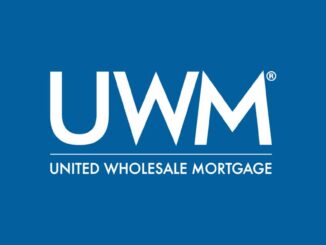
United Wholesale Mortgage (UWM) announced this week that it has added four bank statement loan offerings for self-employed borrowers. To qualify for loans of up to $3 million with up to 90% loan-to-value (LTV), self-employed borrowers can now provide bank statements to verify income rather than tax returns, W2s or pay stubs.
Depending on their FICO scores, loan amounts and debt-to-income (DTI) ratios, borrowers have the option to choose from four available bank statement loan options. No mortgage insurance is required.
However, the basic requirements are the same across the board. All four loans require separate appraisals from two different appraisers for loan amounts over $1.5 million. Borrowers also have to provide a minimum of 12 months of consecutive bank statements, according to UWM.
The expanded bank statement loan options will give mortgage brokers “another competitive edge with real estate agents and non-W2 borrowers,” the company said in a statement.
As mortgage rates remain elevated, lenders have been working to reach borrowers outside of Fannie Mae and Freddie Mac‘s credit boxes.
The Michigan-headquartered wholesale lender initially rolled out bank statement loans for self-employed borrowers in March 2022. Bank statement loans, which are a popular type of non-qualified (non-QM) loans, are considered riskier than regular mortgage loans because they aren’t backed by Fannie Mae and Freddie Mac.
Non-QMs generally have higher interest rates, resulting in higher borrower costs, and also lack the consumer protections that are in place for conforming loans.
The non-QM space has more leeway to accept different types of documentation, such as bank statements and assets. However, the underwriting for non-QMs is cited by lenders as the difficulty with expanding into non-QM lending.



